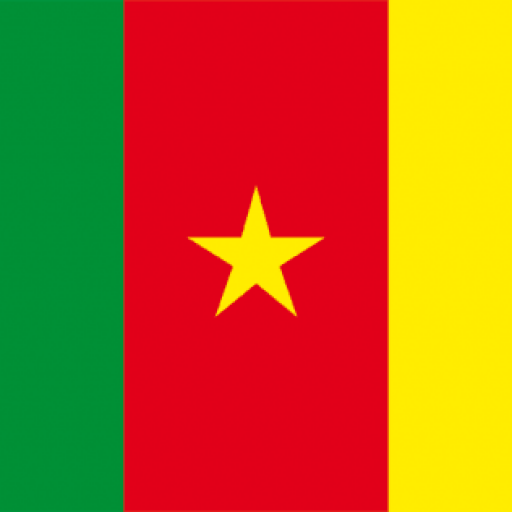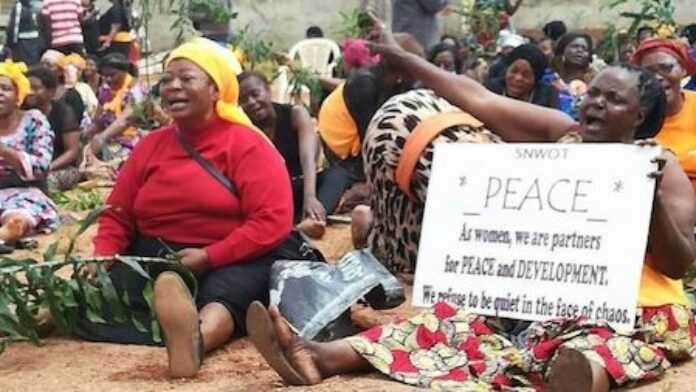The festivities organized this Friday for the declaration of independence of Ambazonia have been banned.
This Friday, October 1 could be agitated in Cameroon. The date is symbolic: it marks October 1, 1961, date of birth of Cameroon in its current form, but also the proclamation of the independence of Ambazonia, in 2017. An unrecognized Republic, declared in the northern regions. West and Southwest by the English-speaking separatists.
These separatists had planned festivities for this Friday but they were banned by the central power. A new episode in the Anglophone crisis which has now lasted for five years.
“This October 1, Cameroonian regular soldiers are still preparing for fighting. Others have already claimed many lives in the past two weeks. The central government promises sanctions in case of non-compliance with the ban measures this Friday, “write our colleagues from Deutsch Welle.
It was in October 2016 that the crisis began. Strikes followed by demonstrations to demand respect for the English language in the administration, the legal system, education and even health. Anglophones speak of permanent discrimination. English judges and teachers have also been dismissed from their posts.
Unfortunately, the central government is turning a deaf ear to the discontent of Anglophones. In December of the same year, the first separatists were killed in Bamenda. An offensive was even launched on the city in early 2017.
President Paul Biya, re-elected in 2018, has never succeeded in solving the problem, despite the holding of the “great national dialogue” of 2019. The central power, like the separatists, are frequently accused of crimes against civilians.
The English-speaking population of this Central African country represents approximately 20% of its 23 million inhabitants. Since November 2016, this minority has protested against its marginalization, some demanding federalism, others secession. According to figures compiled by international organizations, the Anglophone crisis has, since 2016, resulted in the deaths of 1,200 soldiers and more than 3,500 civilians. More than 500,000 people have also been forced to leave their homes to seek refuge within the country or across borders.

